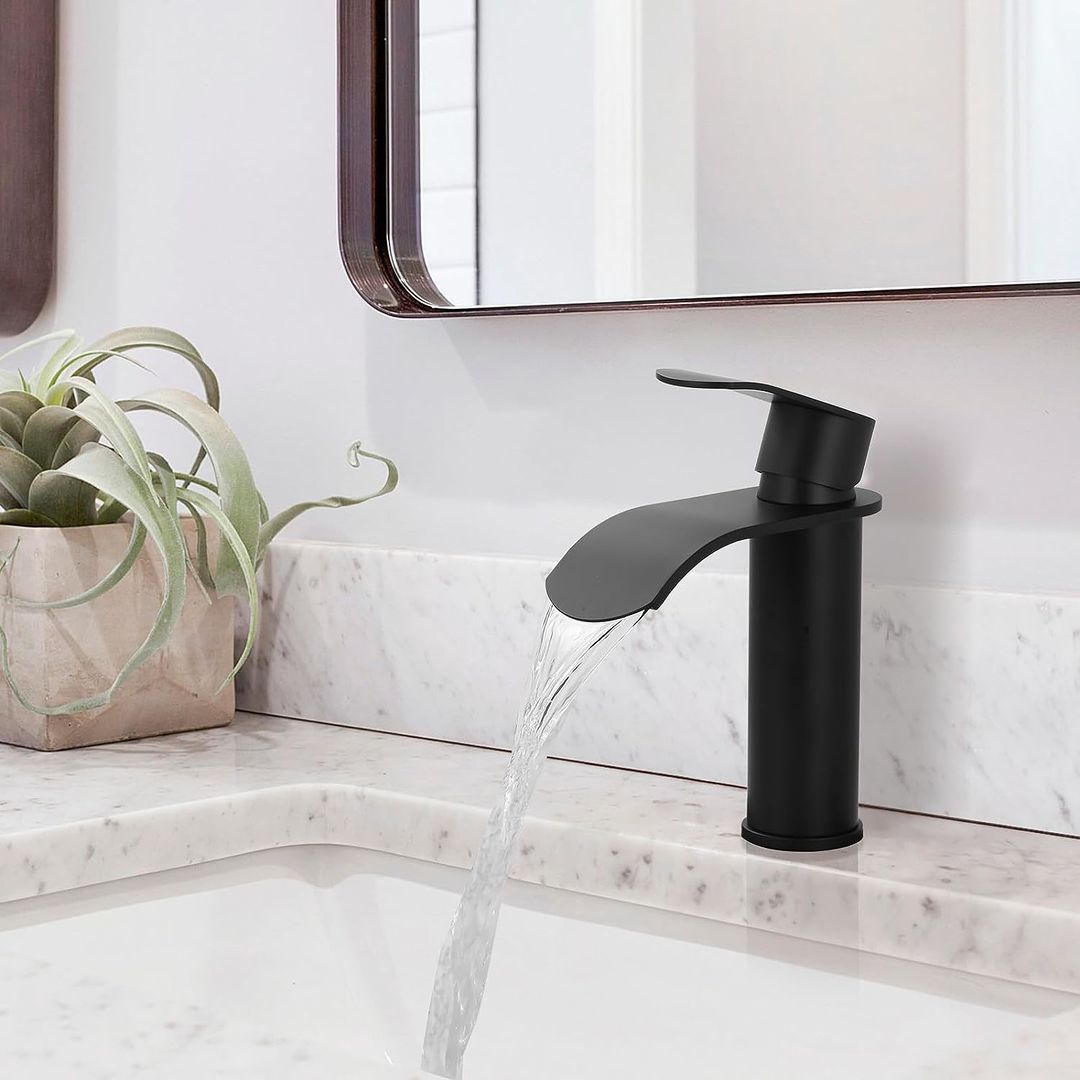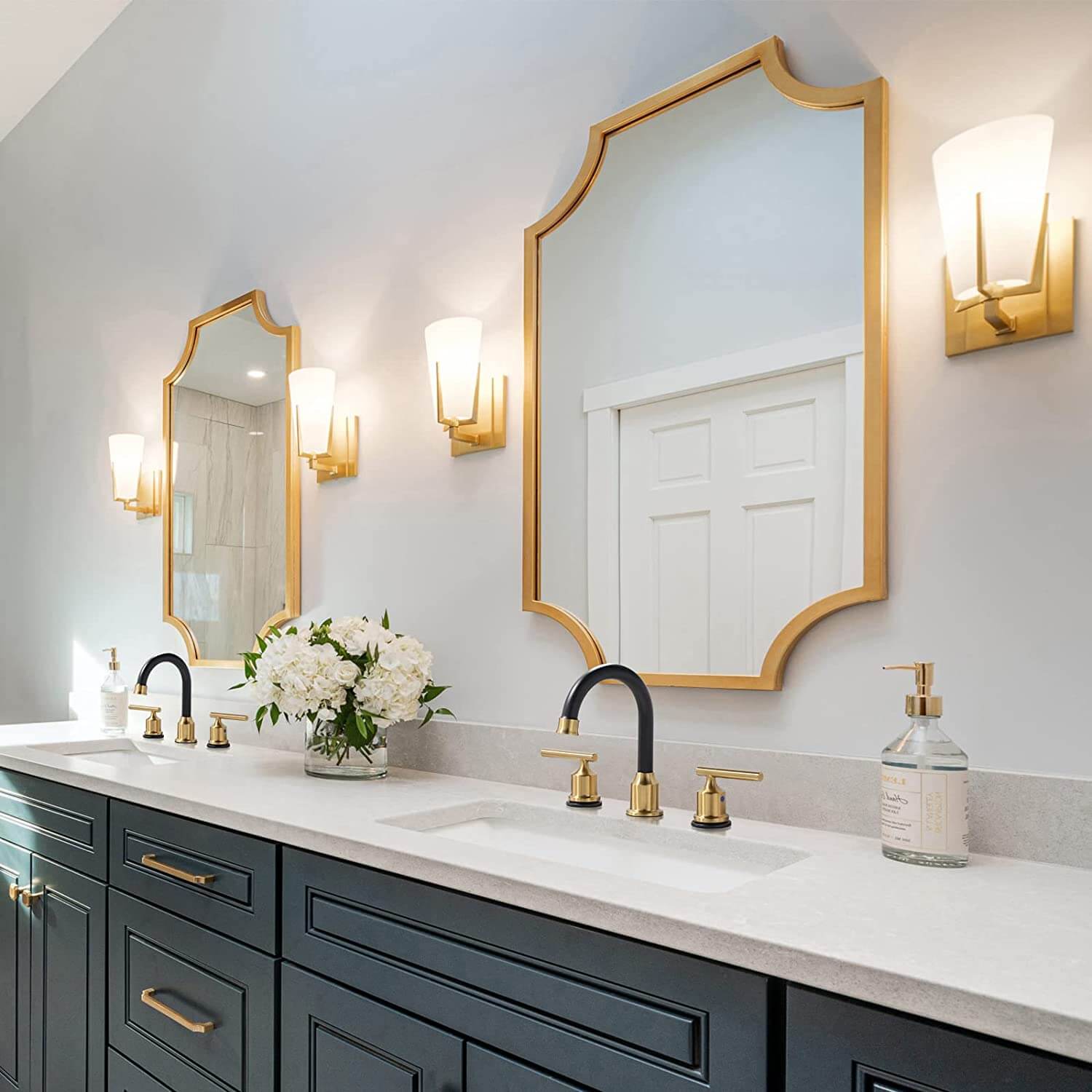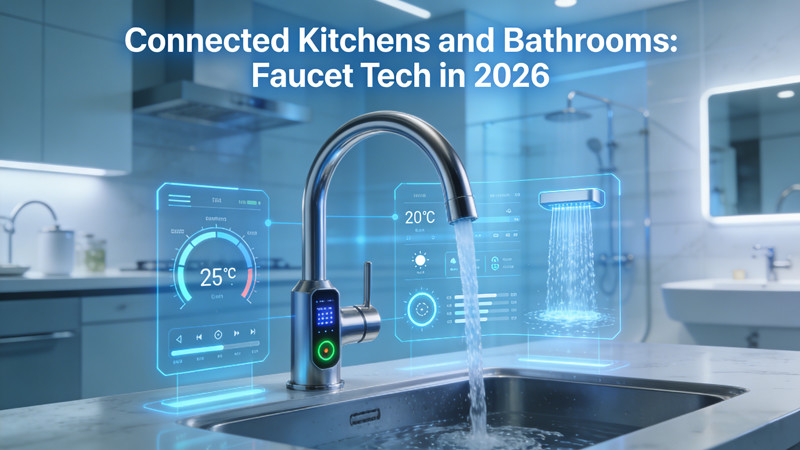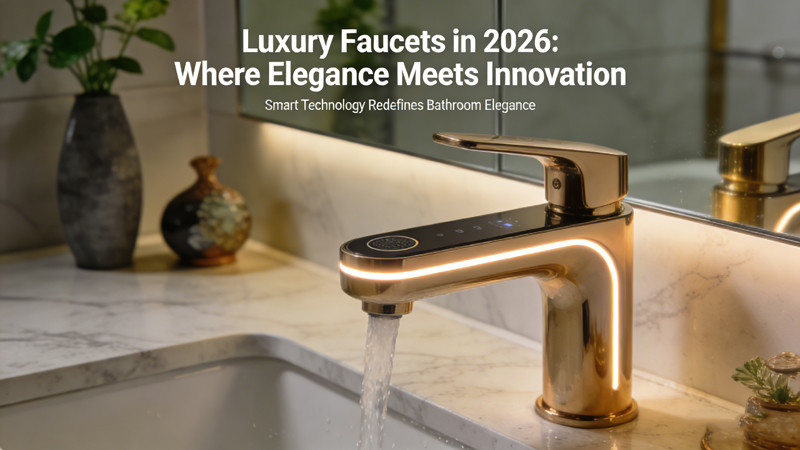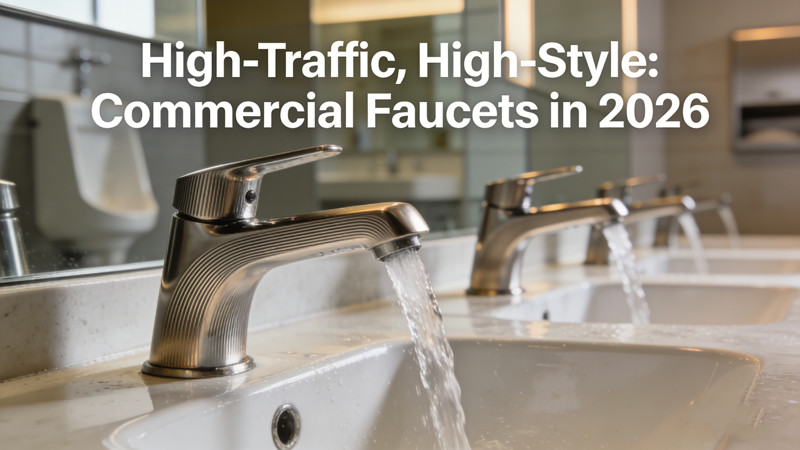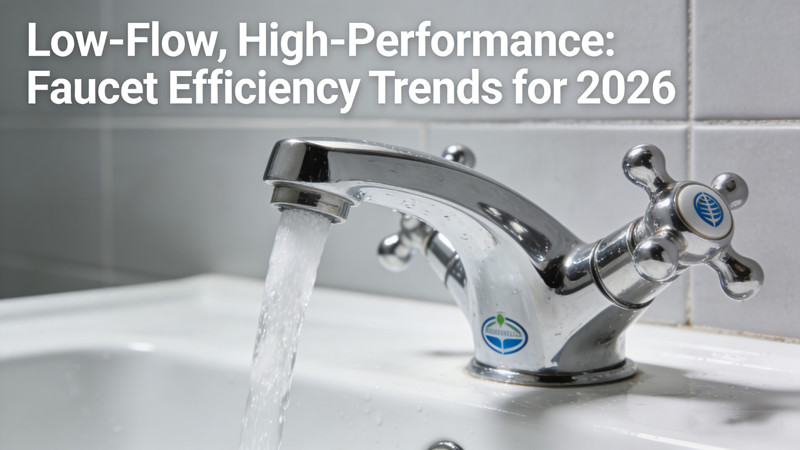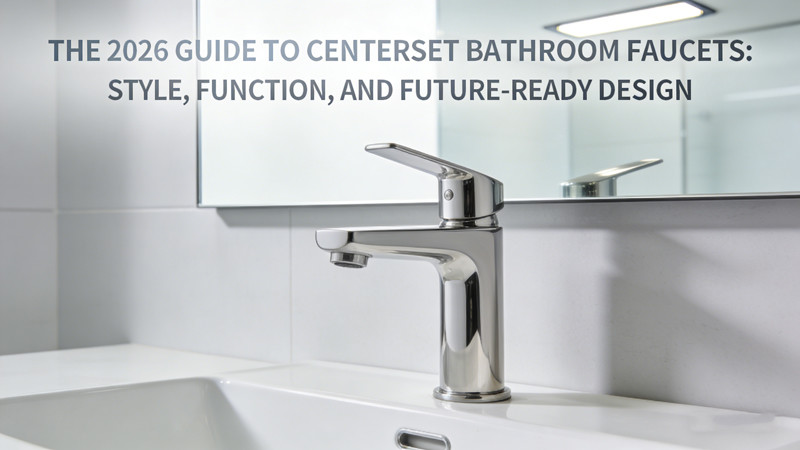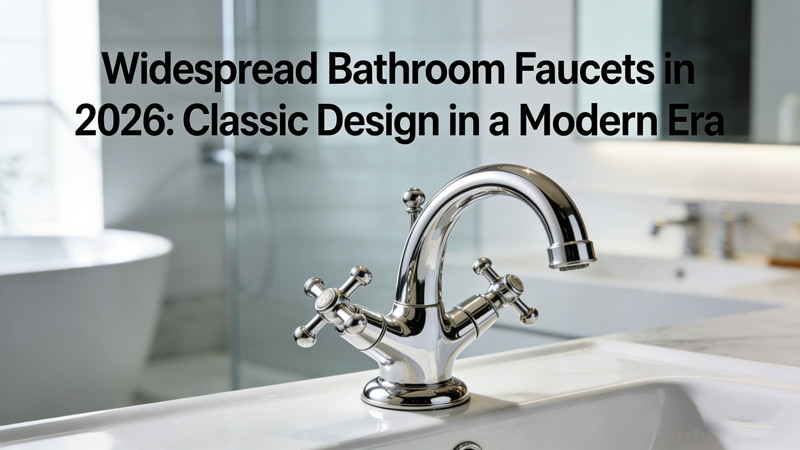When most people think about faucets, they picture the ones in their homes — stylish, efficient, and easy to use. But in workplaces such as restaurants, factories, hospitals, laboratories, and schools, the demands placed on a faucet are very different. In these environments, faucets are not just fixtures for convenience; they are critical tools that must endure heavy use, provide consistent performance, and meet strict safety and hygiene standards. This is why heavy-duty faucets are essential for workplaces.
In this post, we’ll explore the unique challenges workplaces face, the features that set heavy-duty faucets apart, and the reasons investing in them is a smart, long-term decision.
The Demands of Workplace Environments
Unlike a household faucet that might be used a handful of times per day, workplace faucets often endure constant operation. A restaurant kitchen faucet may run hundreds of times daily as staff wash produce, fill pots, and clean dishes. In healthcare facilities, faucets must operate flawlessly to maintain hygiene protocols. In industrial settings, they may need to withstand exposure to harsh chemicals, hot water, or high pressure.
The demands go beyond volume of use. Workplaces need faucets that:
- Deliver consistent water pressure and flow for productivity.
- Resist wear and tear from frequent operation.
- Handle extreme conditions, such as heat, cold, or corrosive substances.
- Meet safety and compliance standards, especially in food service and healthcare.
These challenges mean that ordinary residential faucets simply cannot stand up to the rigors of workplace environments.
Key Features of Heavy-Duty Faucets
Heavy-duty faucets are designed with strength, reliability, and safety in mind. While they may look simple on the outside, the engineering behind them ensures they can survive intense, repeated use. Some defining features include:
1. Durable Materials
Most heavy-duty faucets are made from solid brass, stainless steel, or heavy-duty alloys. These materials resist corrosion, withstand high temperatures, and last significantly longer than lightweight residential models.
2. Reinforced Internal Components
Workplace faucets often include ceramic disc valves or heavy-duty cartridges designed to resist leaks and handle thousands of open-and-close cycles without wearing out.
3. High-Flow Capacity
In commercial kitchens and industrial spaces, speed matters. Heavy-duty faucets are designed to deliver strong, consistent flow rates to fill large containers or wash down surfaces quickly.
4. Specialized Designs
Many workplaces require faucets tailored to specific tasks:
- Pre-rinse faucets in restaurants for spraying down dishes.
- Gooseneck spouts in labs for filling tall glassware.
- Foot pedal or sensor-operated faucets in hospitals for hands-free operation.
5. Easy Maintenance
Heavy-duty faucets are built for easy servicing. Many models have replaceable parts that can be swapped quickly, minimizing downtime when something needs repair.
Benefits of Heavy-Duty Faucets in Workplaces
1. Long-Term Durability
The most obvious benefit is lifespan. A heavy-duty faucet may cost more upfront, but it is designed to last years under demanding use. This reduces the need for constant replacements and repairs, saving businesses money in the long run.
2. Improved Productivity
In busy environments like restaurants, every second counts. A faucet that delivers high water flow and operates smoothly ensures staff can work efficiently. In contrast, a weak or malfunctioning faucet slows down workflow and increases frustration.
3. Compliance With Health and Safety Standards
In industries where cleanliness and sanitation are paramount, such as healthcare or food service, heavy-duty faucets often come with certifications for meeting NSF (National Sanitation Foundation) or similar standards. These ensure water is delivered safely and faucets can be cleaned thoroughly to prevent contamination.
4. Reduced Risk of Breakdowns
Downtime in workplaces is costly. A broken faucet in a restaurant can delay food prep, while a faulty lab faucet can halt experiments. Heavy-duty models reduce the risk of unexpected breakdowns, keeping operations running smoothly.
5. Better User Experience
Employees notice the difference when using well-designed equipment. Heavy-duty faucets with ergonomic handles, smooth operation, or hands-free features reduce strain and make tasks easier. This not only improves efficiency but also boosts workplace morale.
Workplaces That Benefit Most
While nearly every workplace uses faucets, some industries particularly rely on heavy-duty versions:
- Restaurants and Food Service: Constant washing, cleaning, and food prep require pre-rinse units, high-pressure sprayers, and faucets that can survive daily abuse.
- Healthcare Facilities: Hygiene is critical, so hands-free, antimicrobial, and easy-to-clean faucets are a must.
- Industrial and Manufacturing Plants: Heavy-duty faucets handle chemicals, oils, and debris without corroding or clogging.
- Laboratories: Precision faucets designed for chemical resistance and controlled flow are vital for experiments.
- Schools and Public Buildings: High-traffic restrooms and kitchens need faucets built to withstand hundreds of daily users.
Cost vs. Value
It’s true that heavy-duty faucets can be significantly more expensive than standard models. However, this is a case where value outweighs price. Businesses must think about the total cost of ownership:
- Initial purchase cost (higher for heavy-duty).
- Frequency of repairs/replacements (much lower for heavy-duty).
- Impact of downtime (minimal with durable faucets).
- Compliance and safety benefits (critical for avoiding fines or penalties).
When viewed through this lens, heavy-duty faucets often save businesses money over time while ensuring smoother operations.
Final Thoughts
Heavy-duty faucets may not always grab attention like sleek residential models, but in workplaces, they are indispensable. They are designed to handle the unique pressures of high-volume, demanding environments while ensuring durability, efficiency, and compliance. Whether in a busy restaurant, a hospital, or an industrial plant, the right faucet can make a significant difference in productivity and reliability.
Investing in heavy-duty faucets isn’t just about buying a fixture — it’s about ensuring that your workplace runs smoothly, safely, and efficiently for years to come.
 WOWOW Faucets
WOWOW Faucets
